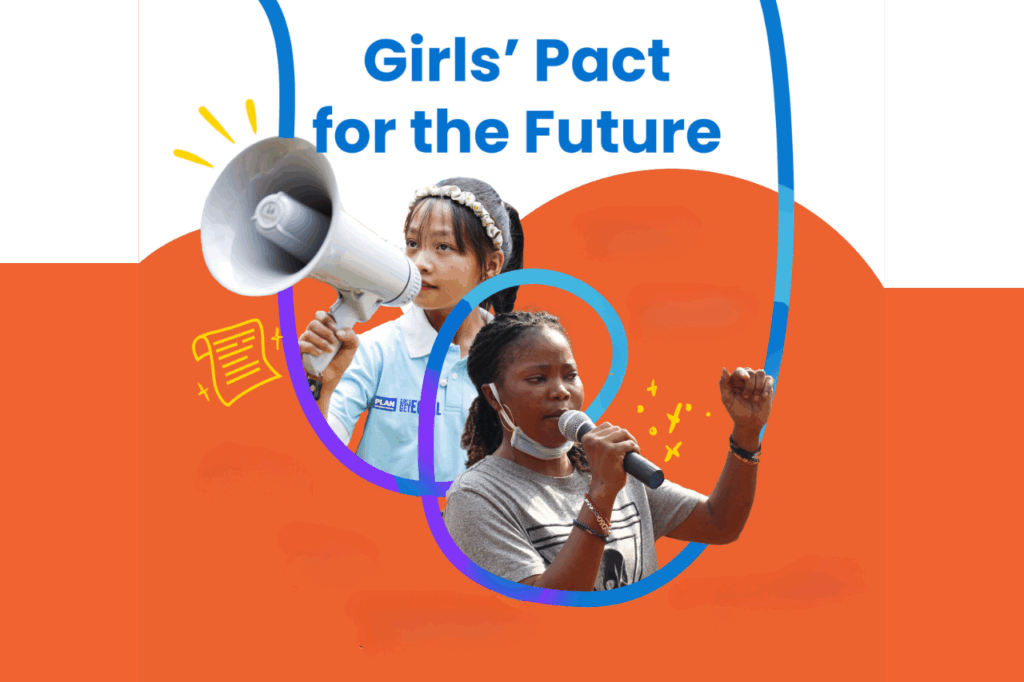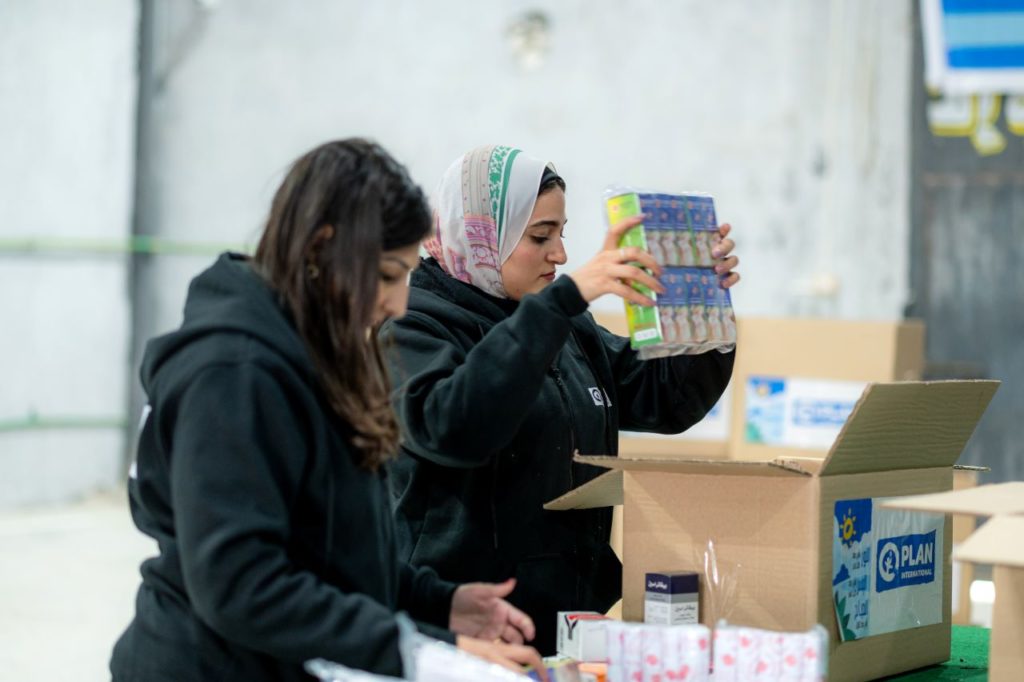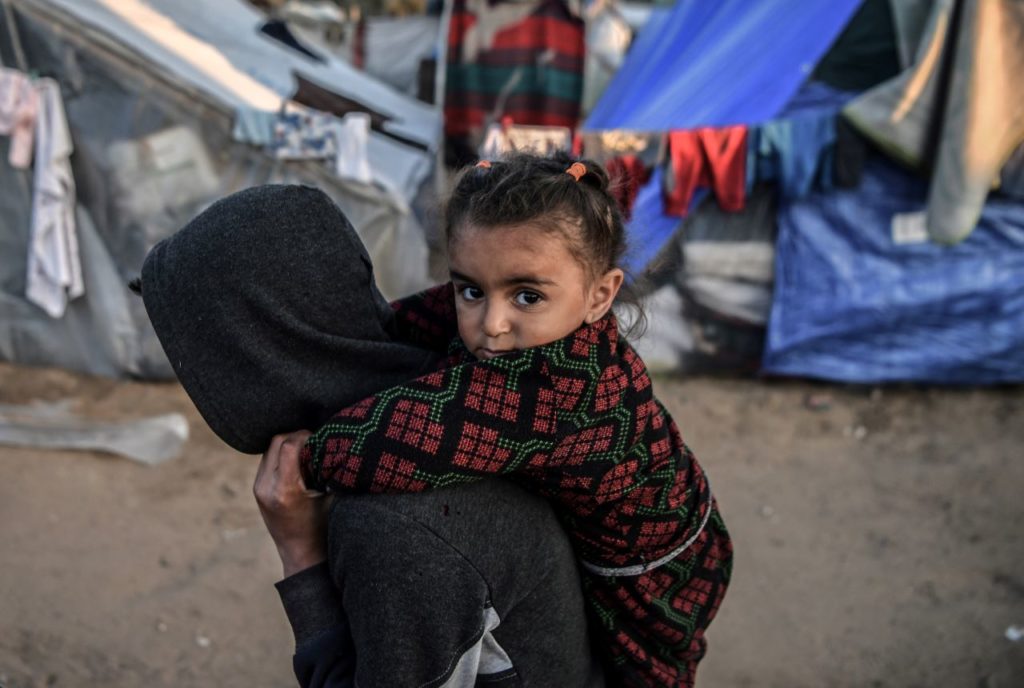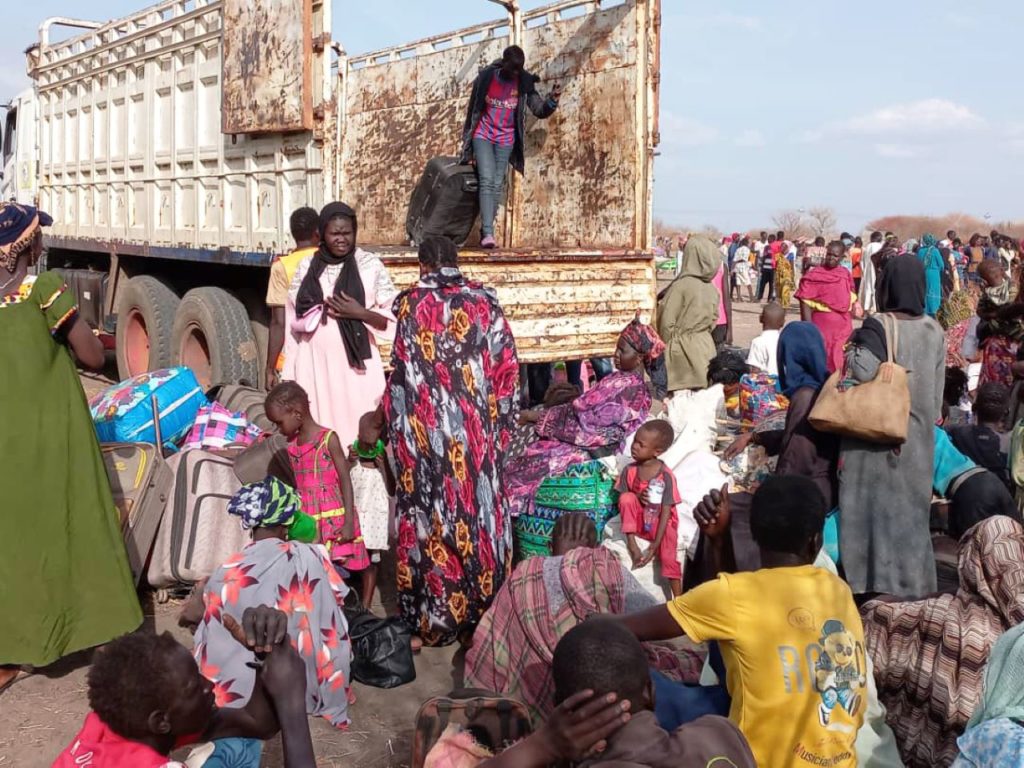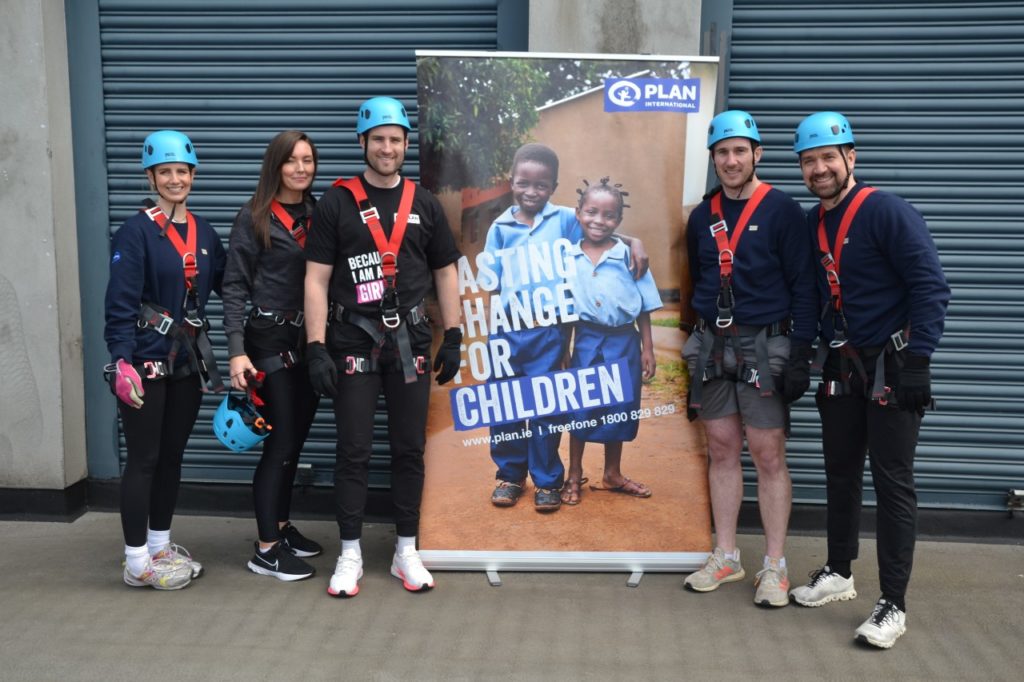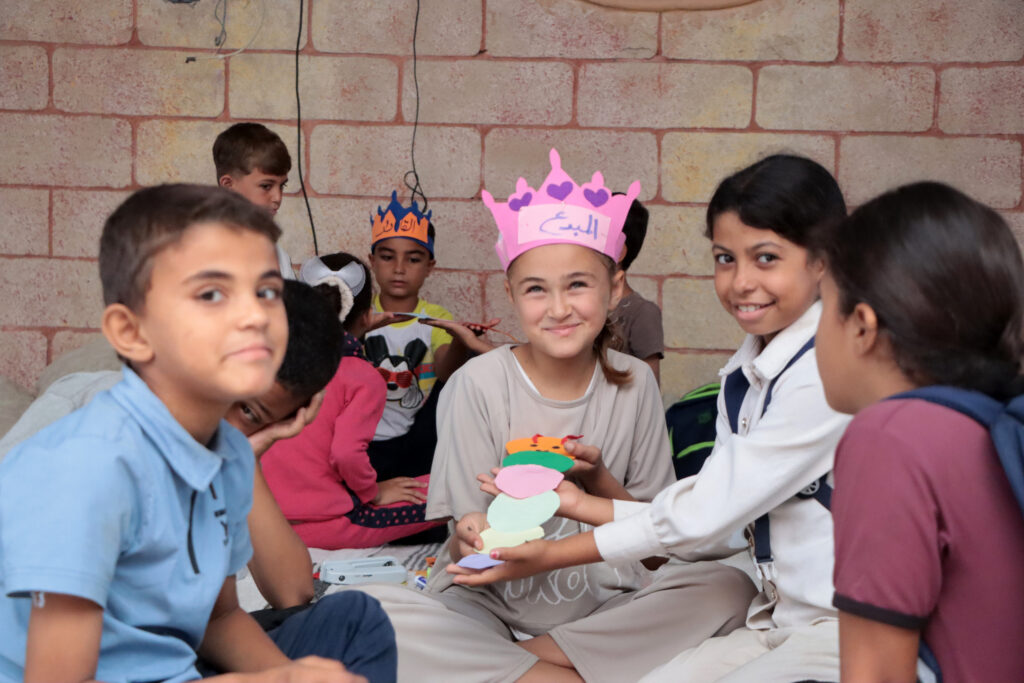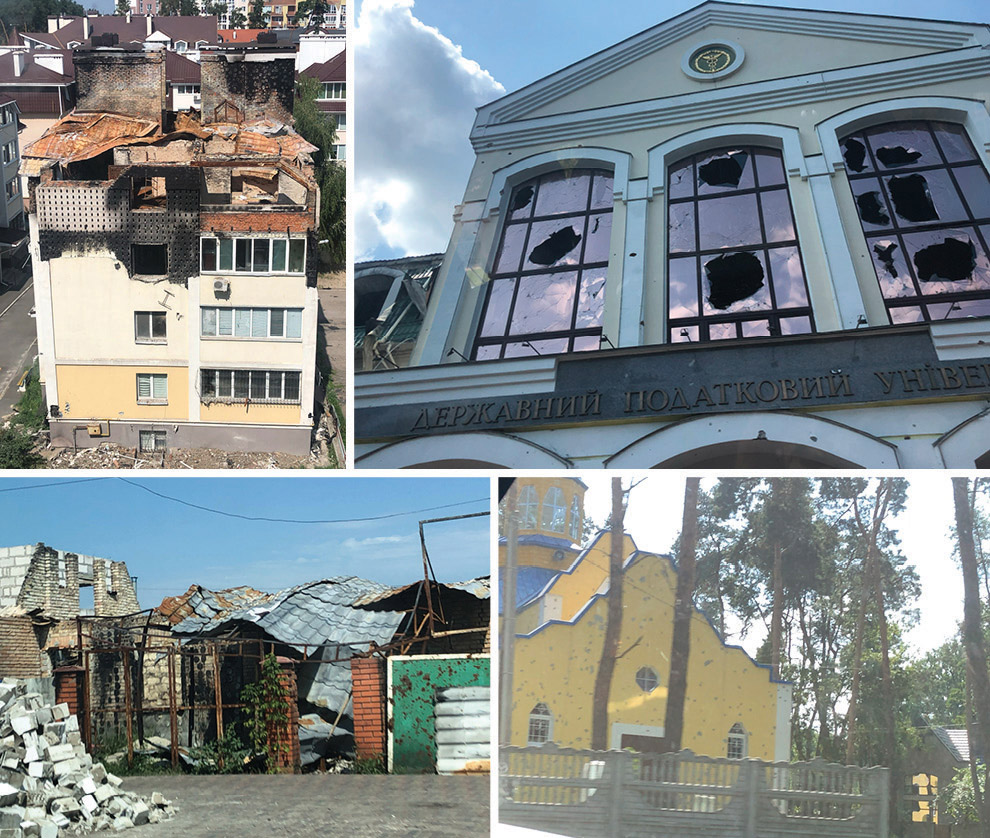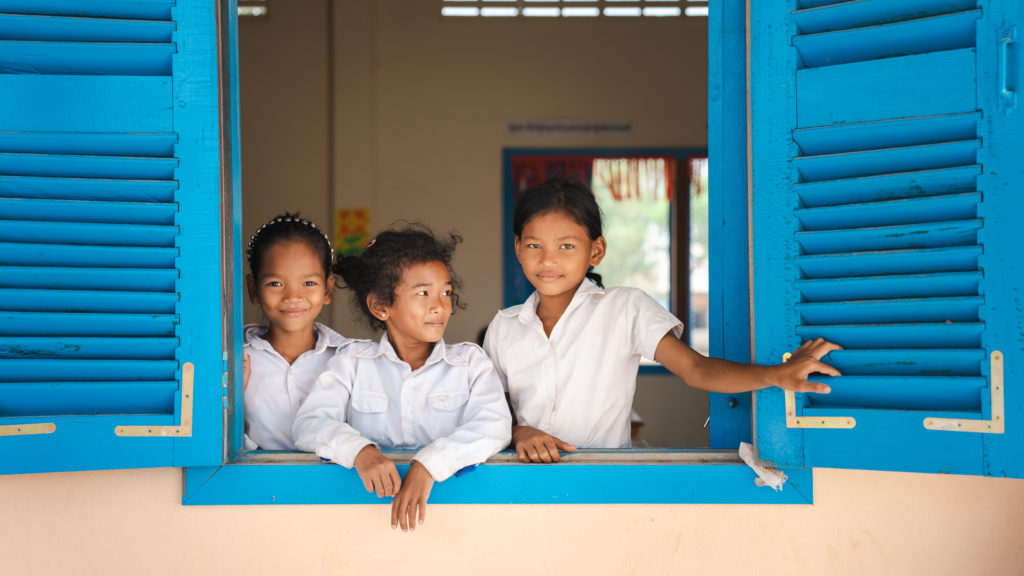The United Nations will host the Climate Action Summit in New York on the 23rd of September 2019. Plan International wants to focus the attention of world leaders on the impact of climate change on girls’ lives and how addressing gender inequality should be a central component of climate change policy.
The already existing inequalities faced by women and girls will be amplified by the impacts of climate change. Girls living in marginalised settings makes them more vulnerable to human rights violations and this is exacerbated with the effects of climate change.
One of the most devastating consequences of climate change will be a reversal of progress on girls’ rights and gender equality. Plan International is demanding urgent action to protect millions whose futures are at stake and stand in support of the youth climate strikes.
Here are some of the ways that climate change can impact girls’ rights.
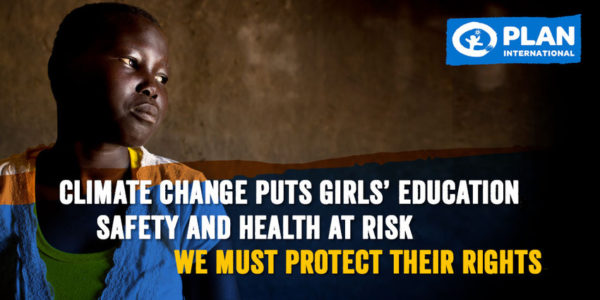
EDUCATION
Climate change will negatively impact girls’ access to education. Girls’ education is often the first thing families sacrifice in times of economic hardship. Climate change can force people to migrate which limits access to education. Having to travel further and longer for resources such as water can force girls out of education as the necessary tasks consume their days.
Girls who are married young are often removed from education as it can no longer be seen as important for them. No access to education limits a girls understandings of sexual and reproductive health. If they are out of school, they are less likely to learn about climate change and how to deal with its effects. Not being in education hinders girls’ progress and ability to reach their potential.
Girls’ education and empowerment can mean the difference between life and death during a climate crisis. Research shows that if at least 70% of women had lower-secondary education, disaster related deaths in 130 countries could be reduced by 60% by 2050.
Girls’ education is one of the most powerful tools for combatting climate change. For every year a girl stays in school, her country’s resilience to climate change improves.
CHILD MARRIAGE
For many families, child marriage is a response to economic hardship. It is likely that child marriage will rise as a response to climate change as families will have less children to feed and may benefit financially from the marriage.
Marrying off a girl relieves some of the pressures families may have.
This puts millions of girls at risk of sexual and physical abuse, early pregnancy, leaving education and maternal death.
INCREASED RISK OF VIOLENCE
The impacts of climate change cause many people to migrate which puts girls’ safety at risk. These risks are worst when girls are collecting natural resources and when staying in temporary shelters.
In Cambodia, many people have been forced to move to find work due to the impact of climate change on peoples’ livelihoods.
Prey*, 8, has been living on her own since her older brother and sister moved away to find work.
“I miss her,” says Prey, talking about her sister. “Sometimes it’s scary to be home alone.”
Plan International Cambodia’s Chann Sophon says, “We’re very worried about Prey. She’s in great danger of being sexually abused or becoming a victim of human trafficking.”
*name changed to protect her identity
HEALTH
Girls are more likely to go hungry in the event of food shortages, often eating the least, last.
Certain diseases may affect girls more than boys if they are already suffering from malnutrition or a lack of water, especially during menstruation, if they are pregnant or young mothers.
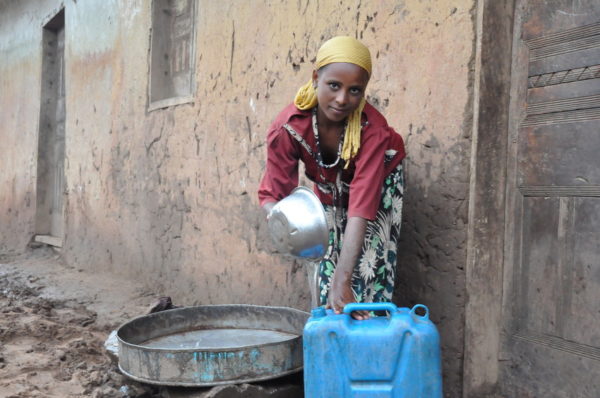
Ayni, 13, from Habro District in Ethiopia is responsible for collecting water for her family’s daily consumption. With her friends, Ayni spends hours walking twice a day to reach a river, since a drought came and dried up a nearby river.
“I collect water from the river both in the morning and at night.” Ayni explains. Because of this, she often misses school which is around 2km away from her home.
“I am only in grade 2, I should have reached grade 4 by now,” she adds sadly. She fears that soon, like many of her friends, she will have to drop out of school completely.
The long distance is not the only problem Ayni and her friends encounter during their daily search for water. They also face the risk of assault, sexual harassment or animal attacks every time they set out on their journeys. This is in addition to the physical damage associated with carrying heavy containers of water for long periods of time.
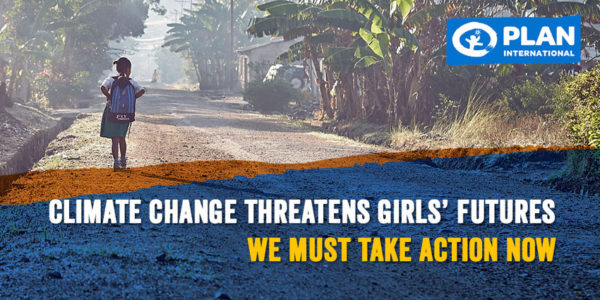
All governments must acknowledge and address the increased risks faced by girls on the frontlines of the climate crisis. Despite the impact on their lives, girls and young women are not included in political decision-making. This is preventing progress in the development of climate solutions and achieving sustainable development. The most marginalised must be able to participate so their specific needs are met in climate strategies.
